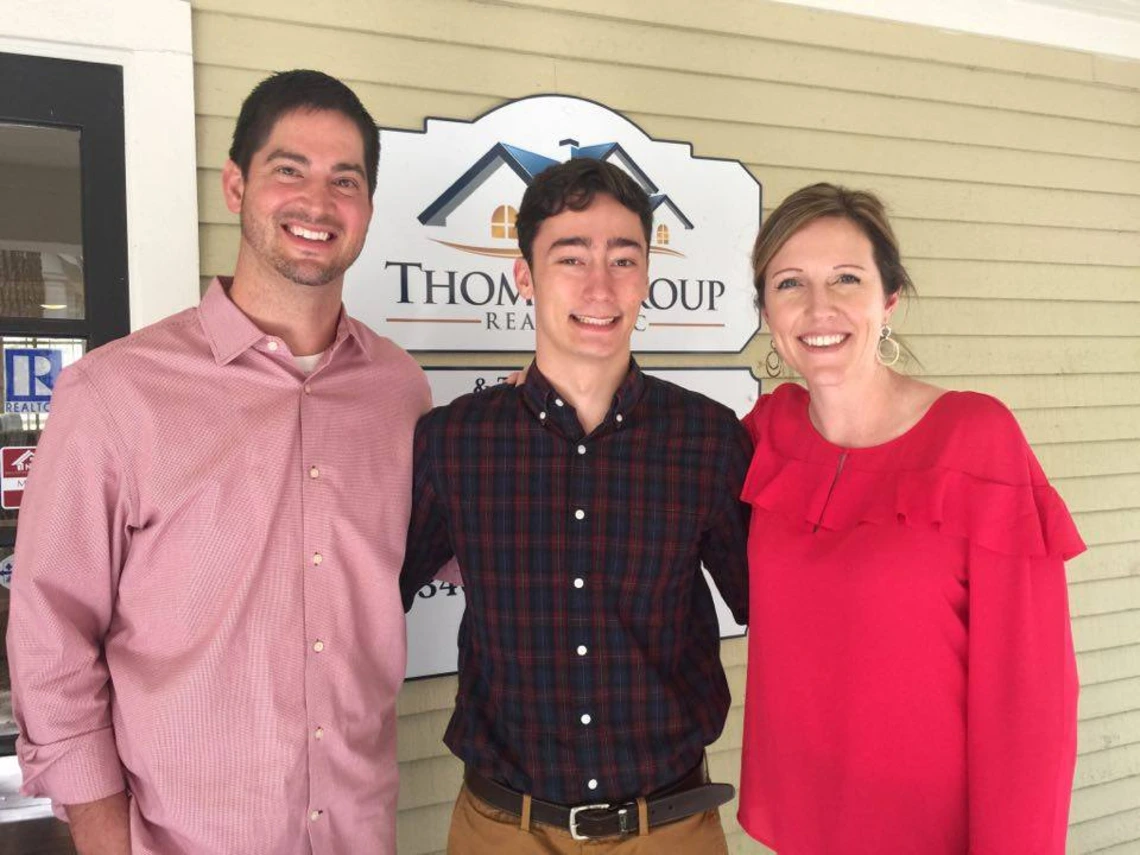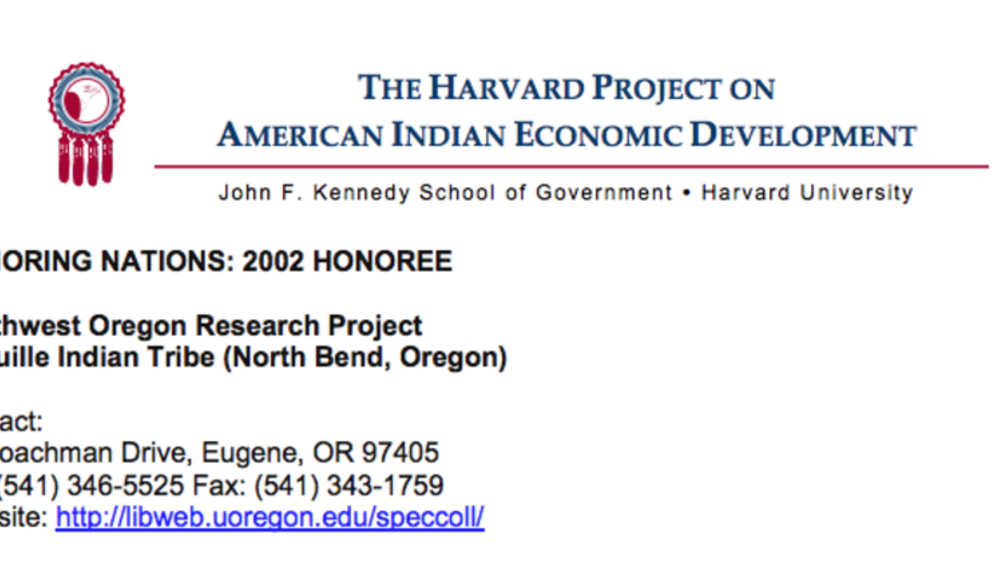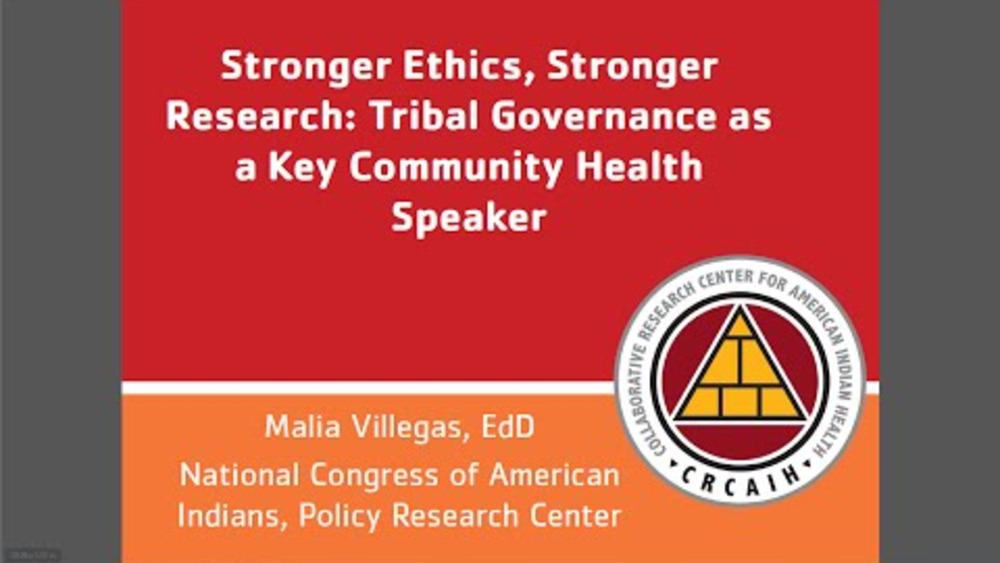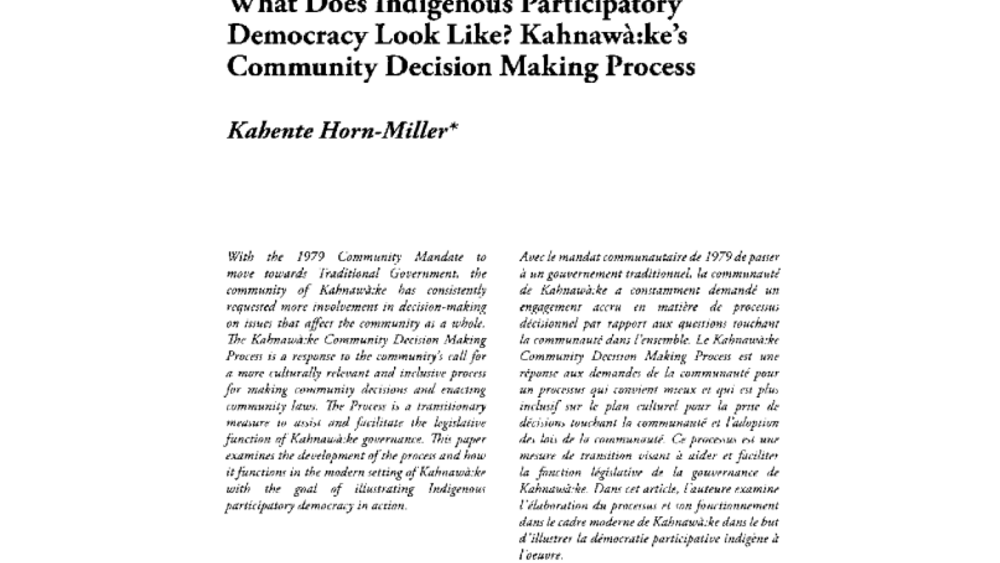This article discusses current practice of research with and by American Indian tribal governments in the United States. It begins with a brief overview of Community-Based Participatory Research and compares and contrasts its principles and methods with what this paper terms Tribally-Driven Participatory Research. The paper analyzes current challenges and concepts for continuing to improve the effectiveness of Tribally-Driven Participatory Research.
Additional Information
Mariella, Patricia, Eddie Brown, Michael Carter, Vanessa Verri. "Tribally-Driven Participatory Research: State of the practice and potential strategies for the future". Journal of Health Disparities Research and Practice Volume 3, Number 2, Fall 2009. Center for Health Disparities Research School of Community Health Sciences. University of Nevada, Las Vegas, Nevada. 2009. Paper. (http://digitalscholarship.unlv.edu/cgi/viewcontent.cgi?article=1058&context=jhdrp, accessed June 3, 2024)




